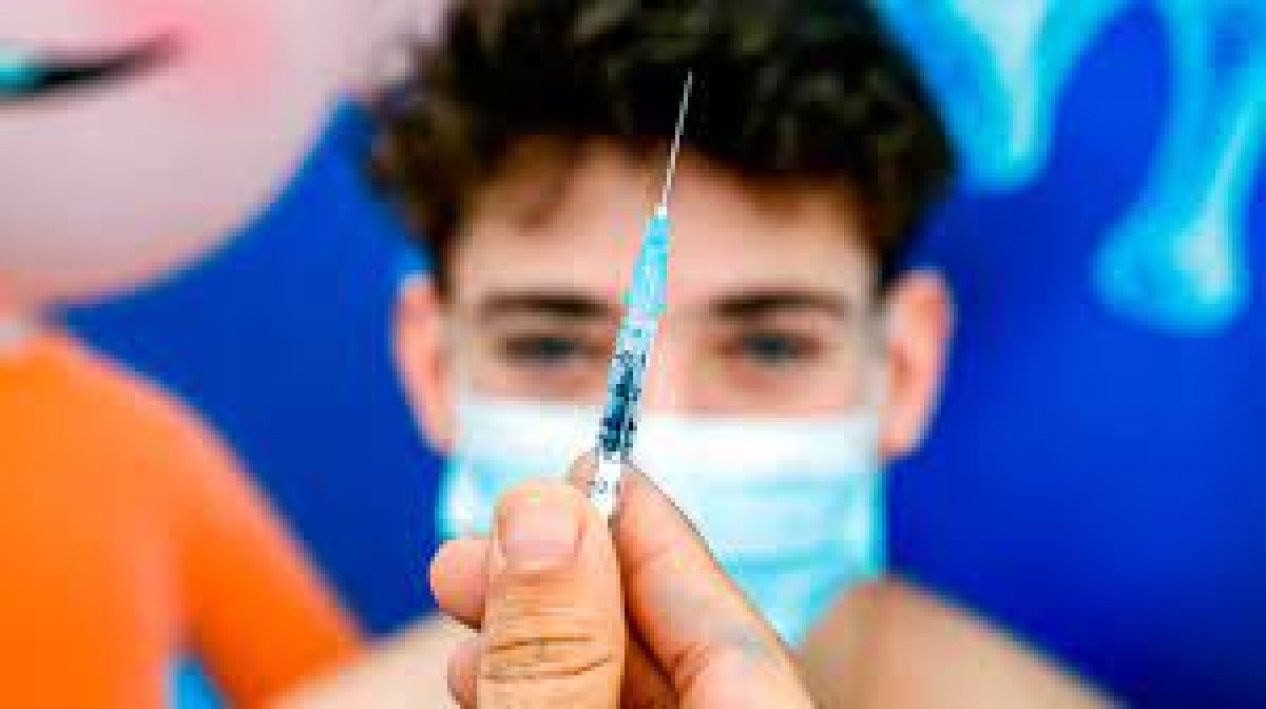
Another statement about the dangers of vaccination against coronavirus infection is spreading online - allegedly vaccinated people are 800% more likely to suffer from myocardial inflammation.
Faktyoxla Lab. has decided to check whether such a fear is supported by scientific data.
Myocarditis is inflammation of the heart muscle (myocardium). The inflammation can reduce the heart's ability to pump blood. Myocarditis can cause chest pain, shortness of breath, and rapid or irregular heart rhythms (arrhythmias).
Infection with a virus is one cause of myocarditis. Sometimes a drug reaction or general inflammatory condition causes myocarditis.
Severe myocarditis weakens the heart so that the rest of the body doesn't get enough blood. Clots can form in the heart, leading to a stroke or heart attack.
Federal officials are reviewing nearly 800 cases of rare heart problems following immunization with the coronavirus vaccines made by Pfizer-BioNTech and Moderna.
Not all of the cases are likely to be verified or related to vaccines, and experts believe the benefits of immunization far outweigh the risk of these rare complications. But the reports have worried some researchers. More than half of the heart problems were reported in people ages 12 to 24, while the same age group accounted for only 9 percent of the millions of doses administered.
About two-thirds of the cases were in young males, with a median age of 30 years. The numbers are higher than would be expected for that age group, officials said, but have not yet been definitively linked to the vaccines.
A primary diagnosis of myocarditis accounted for 0.04% (36.5 per 100,000) of all hospital admissions in England between 1998 and 2017, although this is likely to be an underestimate of the true burden of myocarditis.
All-cause mortality in the UK for patients presenting to hospital with acute myocarditis is approximately 4%.
The risk of getting myocarditis or pericarditis after the vaccine is very low.
According to the MHRA's Yellow Card reporting summary, even in the highest-risk age group (18-29), there were just 29 reports of suspected myocarditis or pericarditis for every million second doses of the Pfizer vaccine given in the UK up until 23 November 2022. The risk is even lower following a monovalent Pfizer booster, with just 17 reports per million people in this age group. In other age groups the risk is even lower.
For Moderna, there were 70 cases of suspected myocarditis or pericarditis for every million second doses given in the UK, in this age group. As with the Pfizer vaccine, the risk is much lower after a booster, with just 20 reports per million monovalent Moderna boosters given (up until 23 November 2022). In other age groups the risk is even lower.
The World Health Organisation has reviewed data from 744,235 doses of the Novavax vaccine given in Australia, Canada, the European Union, New Zealand, and South Korea up until 30 April 2022. Amongst these recipients, there were four reports of myocarditis, 29 reports of pericarditis, and two reports of myopericarditis. More recent data from Australia (until 21 August 2022) showed seven cases of myocarditis and 26 cases of probable pericarditis after 209,000 doses of the Novavax Covid vaccine.
Serious cases of myocarditis after the vaccine so far have been exceptionally rare, although more research is being carried out into the long-term effects.
There is no evidence that people are at risk of cardiac arrest in the days or weeks following the vaccine.
Studies looking at myocarditis and pericarditis after the vaccine have not found any increased risk of death or cardiac arrest, compared with being unvaccinated. A large study of 4 million vaccinated people in Denmark, published in the BMJ found there were no deaths or diagnoses of heart failure in people who were diagnosed with myocarditis or pericarditis after being vaccinated. The study found that vaccination was linked with a much lower risk of cardiac arrest or death, although this finding is likely to be partly because those who are close to death are less likely to be vaccinated.
There is no evidence for any link to the vaccine, despite some misleading reports on social media. We can't even say for sure that there have been more cardiac arrests than usual. Research has showed that having previously had a coronavirus infection is much more likely than the Covid-19 vaccine to lead to heart problems – although these cardiac arrests may not be linked to coronavirus infection either.
The incidence of myocarditis and pericarditis after Covid vaccination is low and most patients make a full recovery, a large international study from Nationwide Children’s Hospital found.
Most of the cases occurred in male teens and young adults and usually after the second dose of a primary series of either the Pfizer-BioNTech or Moderna vaccine, according to the study published Monday in JAMA Pediatrics.
Although a majority of the people recovered quickly, 93% of the cases required hospitalization and 23% of the cases were serious enough to require admission to the intensive care unit. No deaths were observed.
The findings confirm earlier studies that found myocarditis, an inflammation of the heart muscle, and pericarditis, an inflammation of the outer lining of the heart, following Covid vaccination are rare.




















